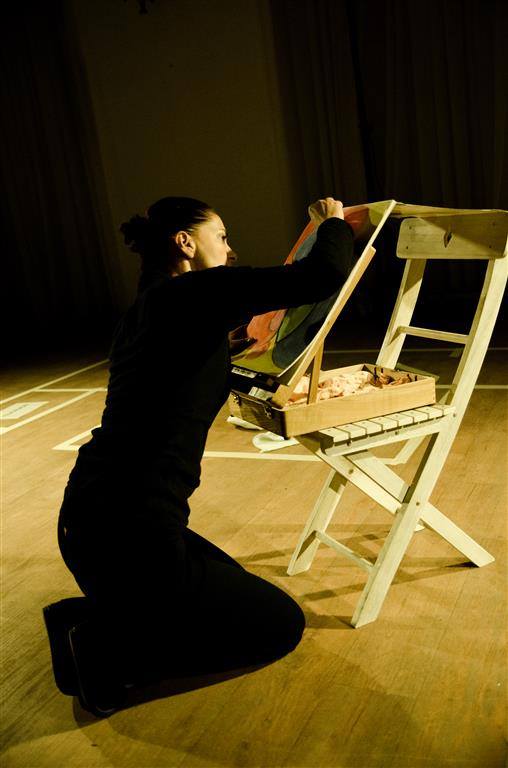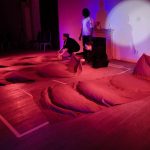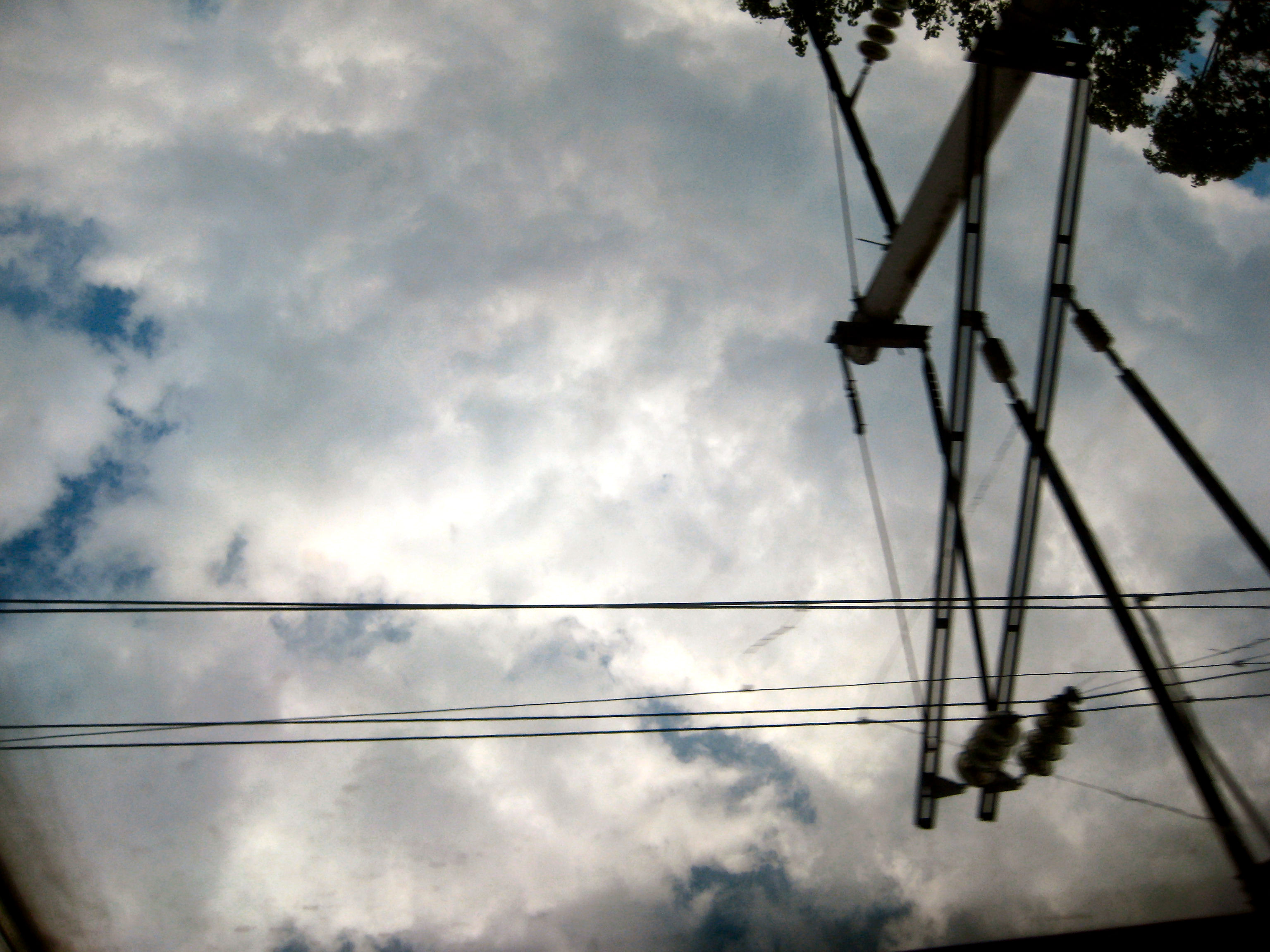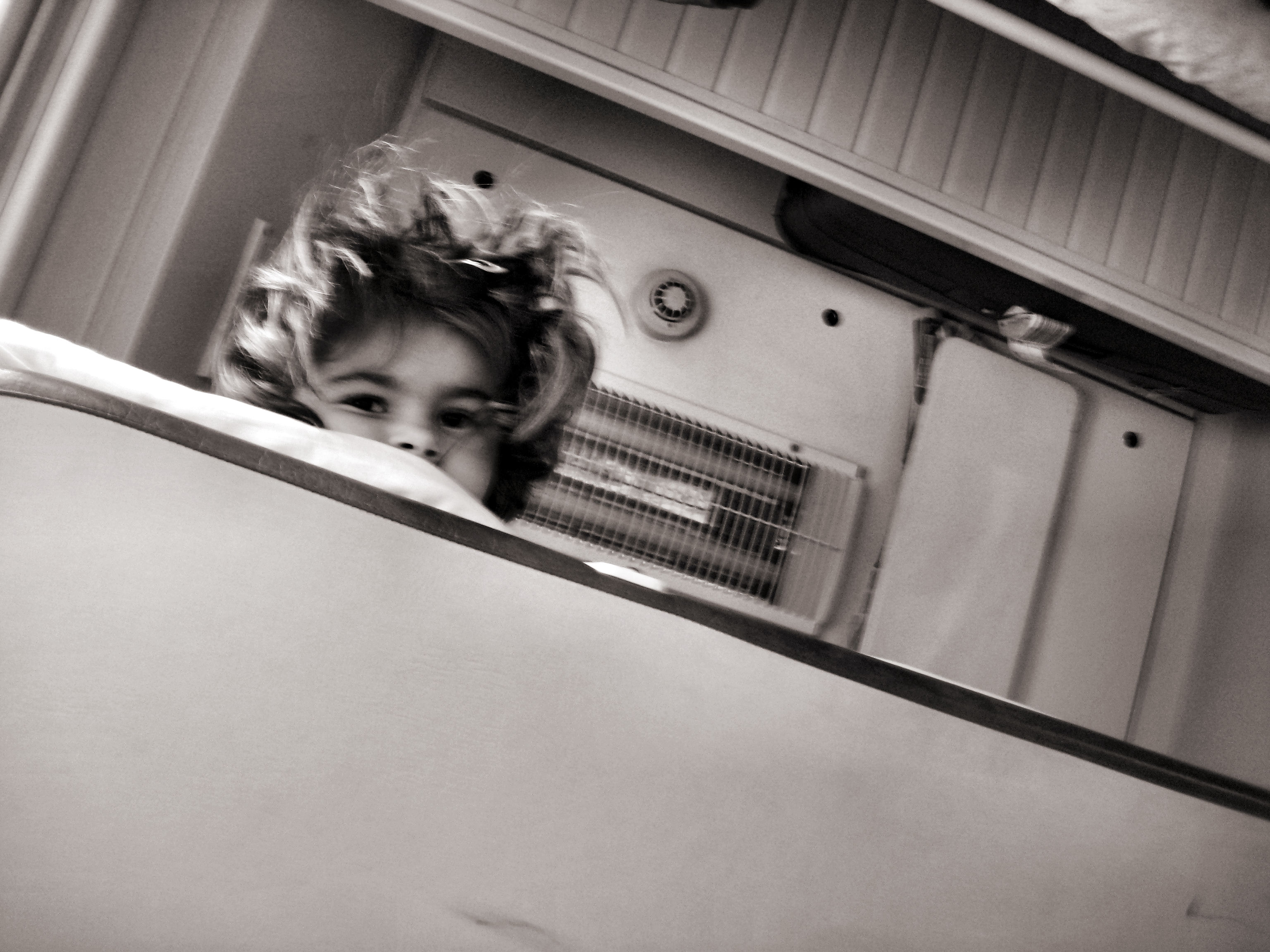Despite its frequent mention, the word ‘migrant’ tells nothing about an individual except for that he no longer lives in the country of origin. Although it gives no insights into what makes one a migrant, the term itself is enough to draw a line between those who remain in a home country since birth and those who deliberately chose what country to call home. Linguistics and social sciences attempt at classifying ‘migrants’ into different categories based on the external conditions that lead to leaving the country of origin, yet these categories dehumanise the individual experiences hidden behind them.
What distinguishes RIMA project from other initiatives focused on the matters of migration, is that, rather than calling for acceptance of migrants, it delves into the very heart of the matter by searching for an integral and comprehensive definition of the term ‘migrant’ itself. Coordinated by Virginia Monteforte and Elise Billiard Pisani, RIMA project brings out personal experiences of migrants – individuals looking for their sense of home outside of their country of birth. The project dissolves boundaries between a ‘migrant’ and a ‘non-migrant’ by defining them both through a personal journey in search for home that is common to us all.
The real life stories collected through RIMA were transformed into a theatrical adaptation titled ‘Encounter with migrant narratives’, directed by Marcelle Teuma and held at Palazzo Pereira on 26th and 27th February. The performance involved four actors, two of whom were amateurs, and a minimalist set-up which helped to establish a feeling of intimacy and connection with the audience without sacrificing the means of expression.

Four actors, five different journeys in search for a place to feel, as stated by one of the narrators, “accepted, protected, welcomed”. Sharon Bezzina, an actor by profession, presented her interpretation of two stories – one by a Japanese woman, driven by photography and thirst for travelling and the other – by a young Maltese female who moved to Milan for her studies. Magdalena Van Kuilenburg interpreted a narrative of a USA migrant married to a Maltese man, who was attempting to find home in Malta after spending a few years in UK. Both, Marta Lombardi and Ali Konate, told their own stories which established a unique and profound feel of intimacy and trust between the cast and the audience. While the reasons that set the female characters on a journey originated in their own willingness, same did not apply to a Mali-born Ali who was forced to leave the country of birth even though he was deeply rooted to it.
The expressive exploration of the limits that prevent the sense of home from setting in was the most memorable element of the performance. The play began from portrayal of unspoken distrust and isolation between the Japanese avid traveler and the American migrant, expressed by placing a line of tape which remained dividing the two for a while. The interpretation of this line of tape could vary from physical limits such as country frontiers to more subtle reasons like lack of common memories or customs that consolidate individuals into a nation. After a while, the sharing of life experiences finally broke the ice between the two and created an opening in the previously solid line of tape. The exploration of limits did not stop at portraying the country frontiers, it delved into such obstacles of emotional comfort as physical boundaries of a tiny studio apartment (whose plan was outlined with tape right on the stage) which made the Maltese architecture student miss Malta in Milan. Marta Lombardi’s search for home was of a more intimate kind, the barriers keeping her from feeling at home emerged from difficulties to be understood, accepted and welcomed. “We find home in people just as much as in places” (*). For a moment the cast got united around a dining table celebrating Marta’s hospitality yet, even in that warm surrounding, she admitted the struggle to feel at home in Malta.

The most visually striking part of the performance was Ali’s narrative. The sense of uneasiness and alarm created by his story of forced resettlement and a journey on a flimsy boat was accentuated by his colleagues on stage, whose synchronized fluttering interactions with scarlet draperies gave an extra visual dimension to the powerful message. Thus, at some point the scarlet cloths turned into waves, a symbolic expression of the waves of blood, the waters of the Mediterranean that kept the lives of so many on their way of finding home.
Through the artistic means of expression, ‘Encounter with migrant narratives’ succeeded to depict the longing for a place where an intuitive inner state of home develops naturally. Also, the performance did quite a good job at underlining how natural it is for everyone to search for home, be it the place of birth or any other place on the planet, and how illusory the differences between ‘a migrant’ and a ‘non-migrant’ are within this concept. The only room for improvement could have been increasing the number of performances since the limited amount of seats at Palazzo Pereira did not allow the play to be viewed by a broader audience, which it certainly deserved.
Click here if you wish to participate in crowdfunding of publishing the migrant narratives collected though the project.
P.S. (*) “We find home in people just as much as in places” is quoted from an article by Marcelle Fenech.








